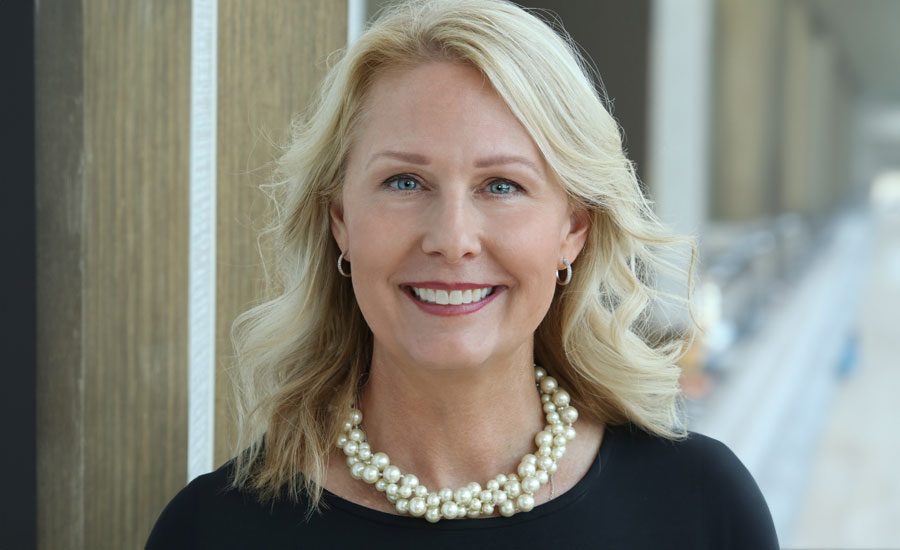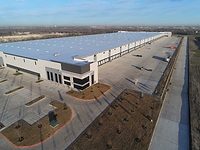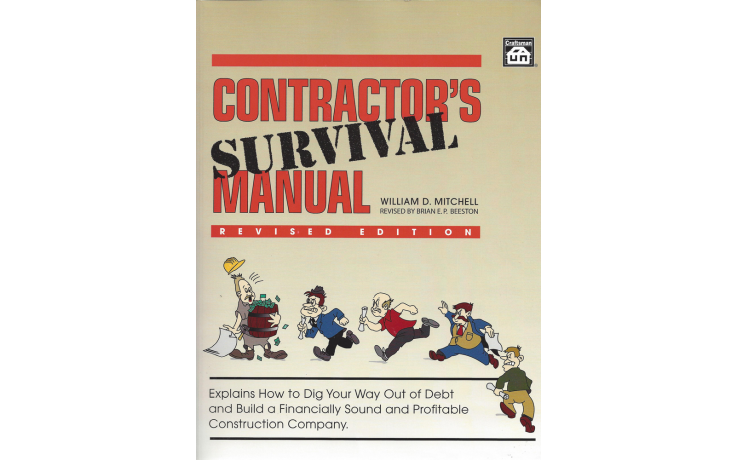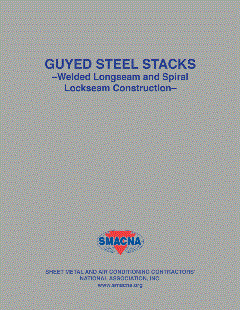Greg Barker has been building homes since 1998, using it as a side job to make extra money. He left his career with the state of Tennessee and his construction job in 2009 to join the ministry, and when he returned three years later, wanted to jump back into homebuilding and roofing.
That’s when he ran into an Amish carpenter, and hired him along with his two sons to help.
“He was getting burnt out of working all day and doing the business aspect of everything in the nights and weekends, so I decided to get back into construction,” Barker said. “I got my contractor’s license back, we had some people call, and the next thing you know we were building a house.”
Nowadays, Integrity Construction Management is building home after home in the McKenzie area in northwest Tennessee, and is among the companies quickly learning the value of metal roofing.
Managing Metal
Barker’s journey into home construction and roofing began in 1993 when he purchased a fixer-upper house. A year later, he helped his father build a home, and his interest only grew from there, earning a contractor’s license in 1998. Integrity now builds homes from the ground up, even offering design services for soon-to-be homeowners.
Integrity works within a 40-mile radius in McKenzie, keeping its operations lean and manageable. Being a smaller company also means Integrity endures the supply shortage with aplomb. He said lumber price increases and shortages have been the biggest hindrance, but when prices dropped more than 40% in July, phone calls picked up. In particular, everybody started requesting pole barn houses.
“That’s been a big challenge over the past year — you try to budget, but you don’t know what materials are going to do,” he said. “The trend around here was when lumber went up, everybody wanted these barn houses, ‘barn-dominiums,’ they call’em.”
As a company, Integrity is fairly new to the metal roofing industry, having just started standing seam roofs about a year ago. Even so, the company and its customers are already noticing the benefits. He said most customers have questions about the cost, and while he leaves the decision to them, he believes standing seam is the best option for metal roofing.
“It is a little more expensive, but it’s worth it,” he said. “It seems like more people are using it around here, and once we did a job, it was like, ‘Here’s another one for you.’”
Felty W. Miller, Barker’s foreman, said what he likes about installing metal roofing is the longevity it provides for homeowners.
“You’re going to more quality,” he said. “The people who want standing seam are more willing to pay for a quality job.”
To keep up with the workload, the company purchased a snap table from Swenson Shear to save on time and labor with metal roofing.
“One of my Amish guys had heard about this thing, and so I got my computer out, let them look at it, and they said, ‘I think that’ll save us a lot of time if we had that,’” Barker said. “It really saves a lot of time.”
Maintaining Integrity and Amish Craftsmanship
To handle the framing and roofing work, Integrity has subcontracted with six workers from the Amish community for the last three years. They bring with them years of experience constructing homes with metal roofs and walls alike, giving Barker more time to take on project management duties.
Barker speaks highly of their craftsmanship, though admits there have been some challenges along the way given that the Amish prefer not to use certain forms of modern technology. He said this involves a lot of pre-planning so that all the necessary materials and resources are available at the jobsite.
“They can use jobsite electricity,” Barker said. “They’re allowed to use battery powered tools now, so everything we’ve got — chop saws, table saws, nail guns — everything runs off batteries now.”
Crews are kept safe on the roof with the use of harnesses, and much of the training is done by the Amish crew themselves with the occasional video tutorials from manufacturers to learn the ropes of new products.
Even though it’s a smaller company, COVID-19 still impacted Integrity. Barker himself contracted COVID-19 a year ago and missed three weeks of work, and one of his subcontracted workers came down with a case late last year. Thankfully, they all recovered and have safety measures to keep one another healthy, such as wearing masks and washing hands.
“We haven’t missed a day’s worth of work, had more than we can handle,” he said.
With “Integrity” in the company name, Barker and his crew have a reputation to uphold. He said a major factor to his company’s success is keeping everything transparent from start to finish with customers and giving them quality workmanship.
“Our whole deal is quality. It may cost a little bit more for someone to hire us, but we stress quality, clean jobsite, no callbacks. If we get a call back we respond quickly to it,” he said. “Everybody knows where every penny goes … you’re going to see every invoice and know where every penny goes and where you’re saving money, where you’re going over, how much Greg makes and how much everybody else makes.”
The commitment to trustworthiness has been a theme all throughout Barker’s career. Along with jumping back into construction after his ministry work, Barker resumed his role as a wildlife officer for the Tennessee Wildlife Resources Agency, having worked with the agency for a total of 27 years. Although it bears little resemblance to his work with Integrity, relationship-building skills from his “day job” have helped him keep Integrity flush with work.
“I try to focus on quality, building good relationships with not only the homeowners who I work with, but with the subcontractors, and I think if you build solid, foundational relationships, I think if you focus on the quality, the business will take care of itself,” he said.








